
|
Scooped by
Robin Good
October 31, 2013 11:42 AM
|
Even though Google has become very good at understanding and providing relevant results for many popular queries, many search users are getting lazy and taking those results as currency.
John Ball writes on Search Engine Land: "People don’t think, analyze, or really even understand how search works anymore. They just assume it will work and they’ll get the results they need.
This is a very real trend, and likely to continue."
And he goes on: "For example, consider Google Now — no searching required, just results you’re likely to need and can further refine. Also, consider Google Glass. Glass doesn’t even support advanced searching — it’s all short, to-the-point answers, likely based on the Knowledge Graph, which is rapidly expanding."
If you are a journalist, researcher or content curator, you are likely uninterested in such auto-selected results and prefer to dig, explore more and vet before drawing a conclusion.
To go beyond the surface of Google forcedly limited search spectrum, it is of great help to be able to use Google search modifiers. These are manual commands that you can insert in your search queries and that allow you to ask to Google to bring you the results you want in the way you want it.
If you are not familiar with these or have not been using them in a while, I do suggest to scan through them again as they can be real life-savers in many a situation.
Very useful for any good journalist, researcher or curator.
Useful. Good examples. 8/10
Full article: http://searchengineland.com/top-10-search-modifiers-why-they-matter-what-they-are-how-to-use-them-173343



 Your new post is loading...
Your new post is loading...
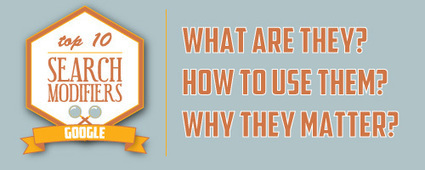







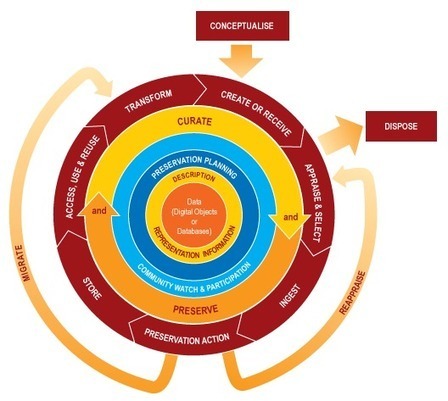







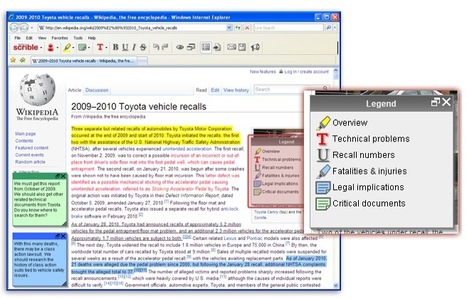



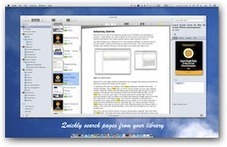
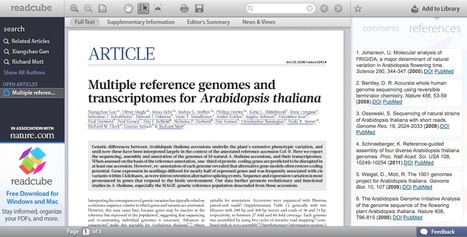






Great shortcuts